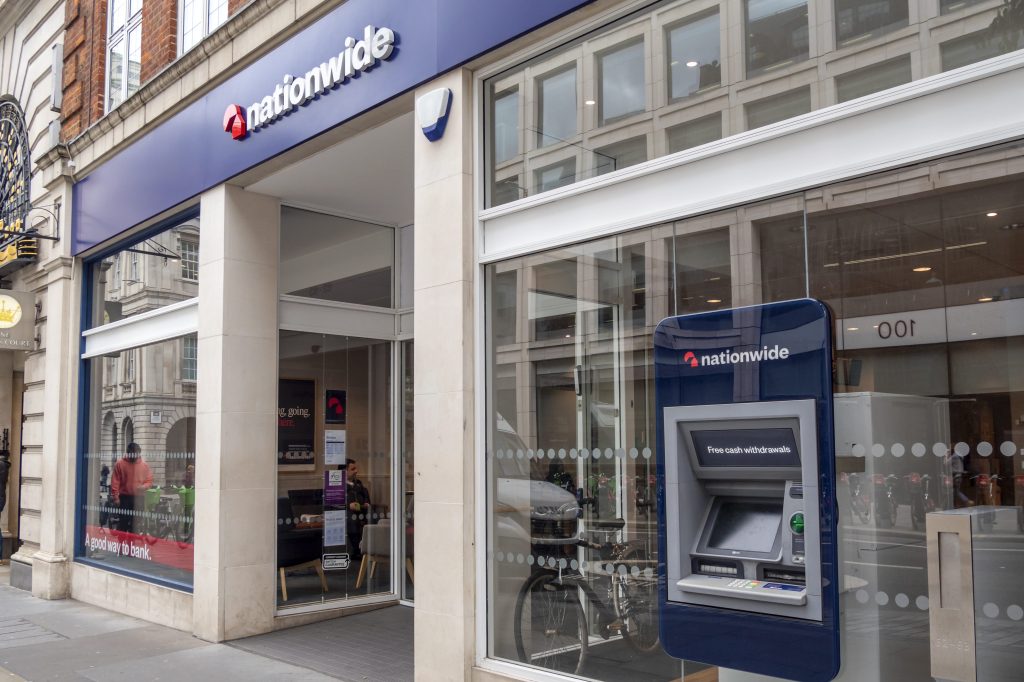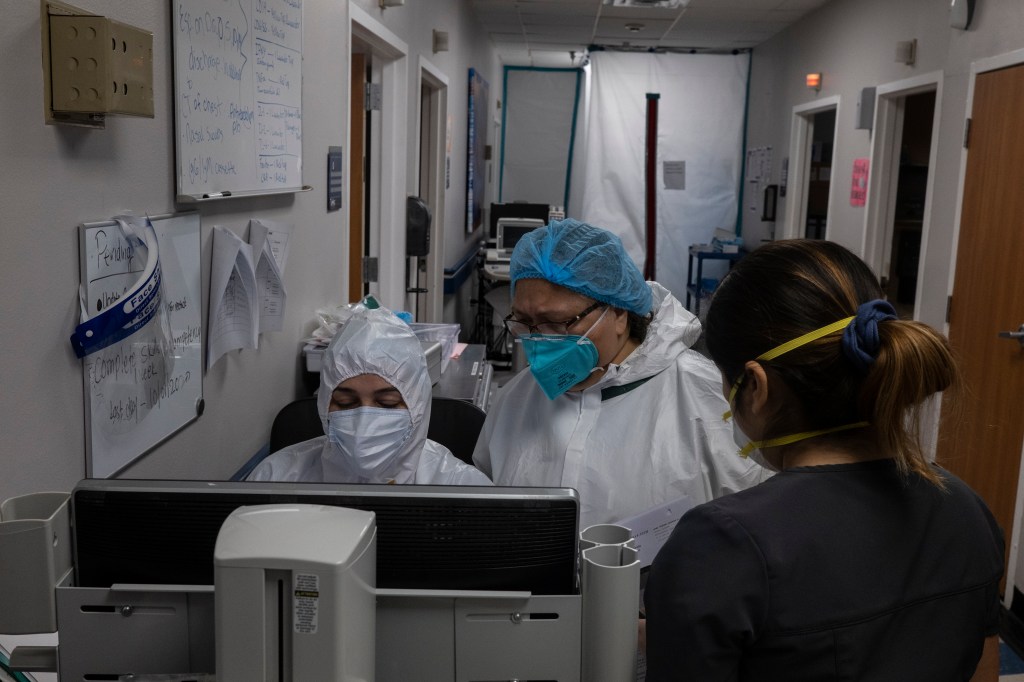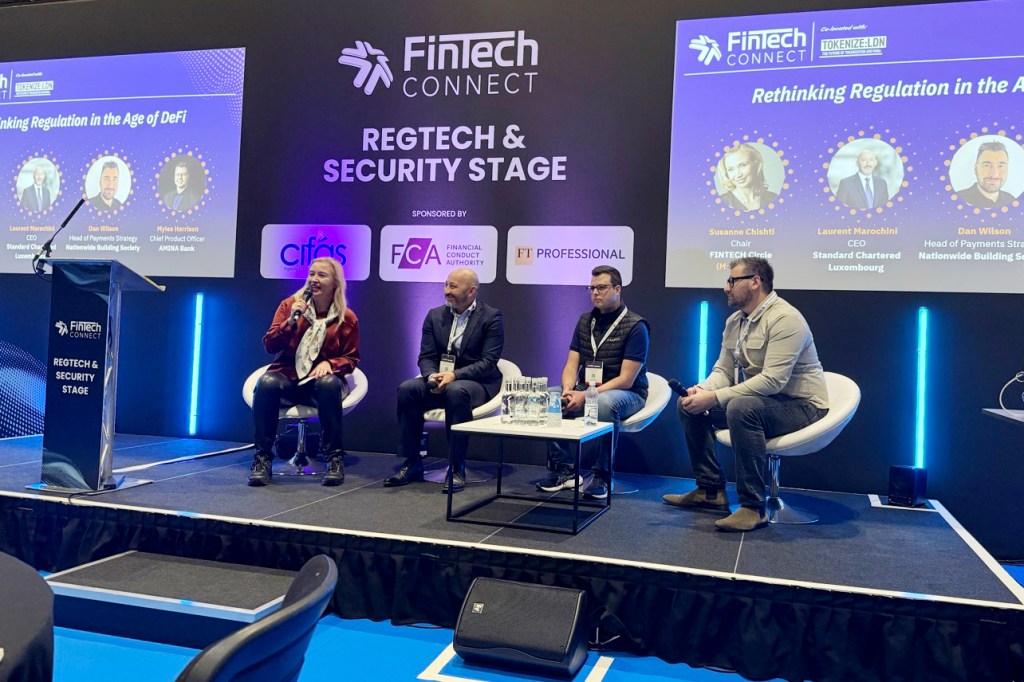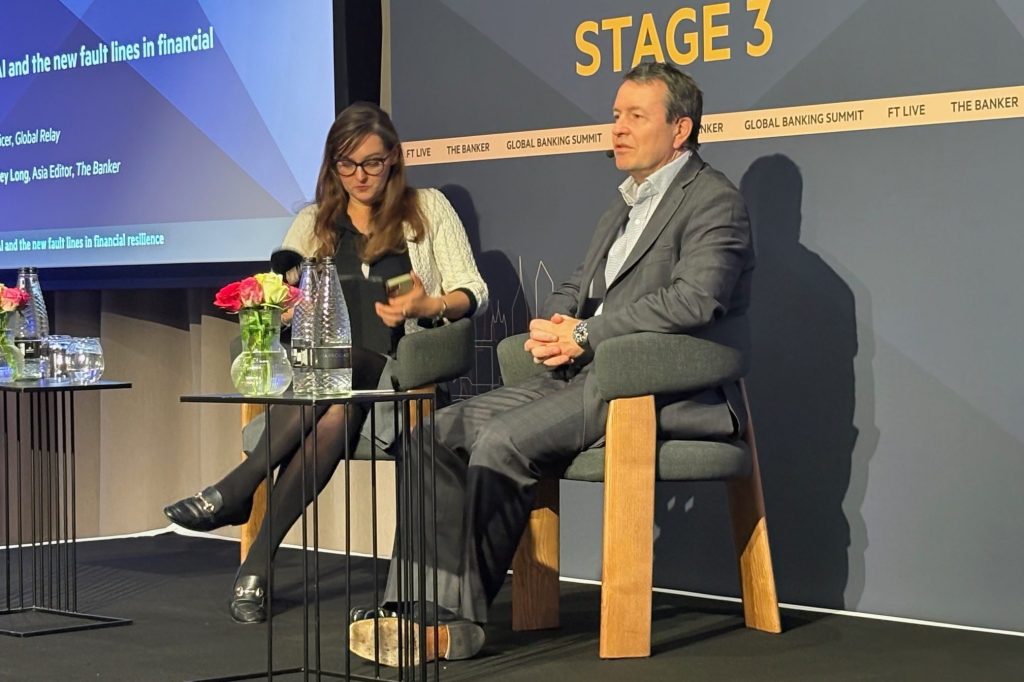US prosecutors and the SEC have charged Xue Lee (aka Sam Lee) and Brenda Chunga (aka Bitcoin Beautee) for their involvement in a fraudulent crypto asset pyramid scheme called HyperVerse that raised more than $1.7 billion from investors worldwide.
They said Lee and Chunga started promoting HyperFund (as it was called
Register for free to keep reading.
To continue reading this article and unlock full access to GRIP, register now. You’ll enjoy free access to all content until our subscription service launches in early 2026.
- Unlimited access to industry insights
- Stay on top of key rules and regulatory changes with our Rules Navigator
- Ad-free experience with no distractions
- Regular podcasts from trusted external experts
- Fresh compliance and regulatory content every day












